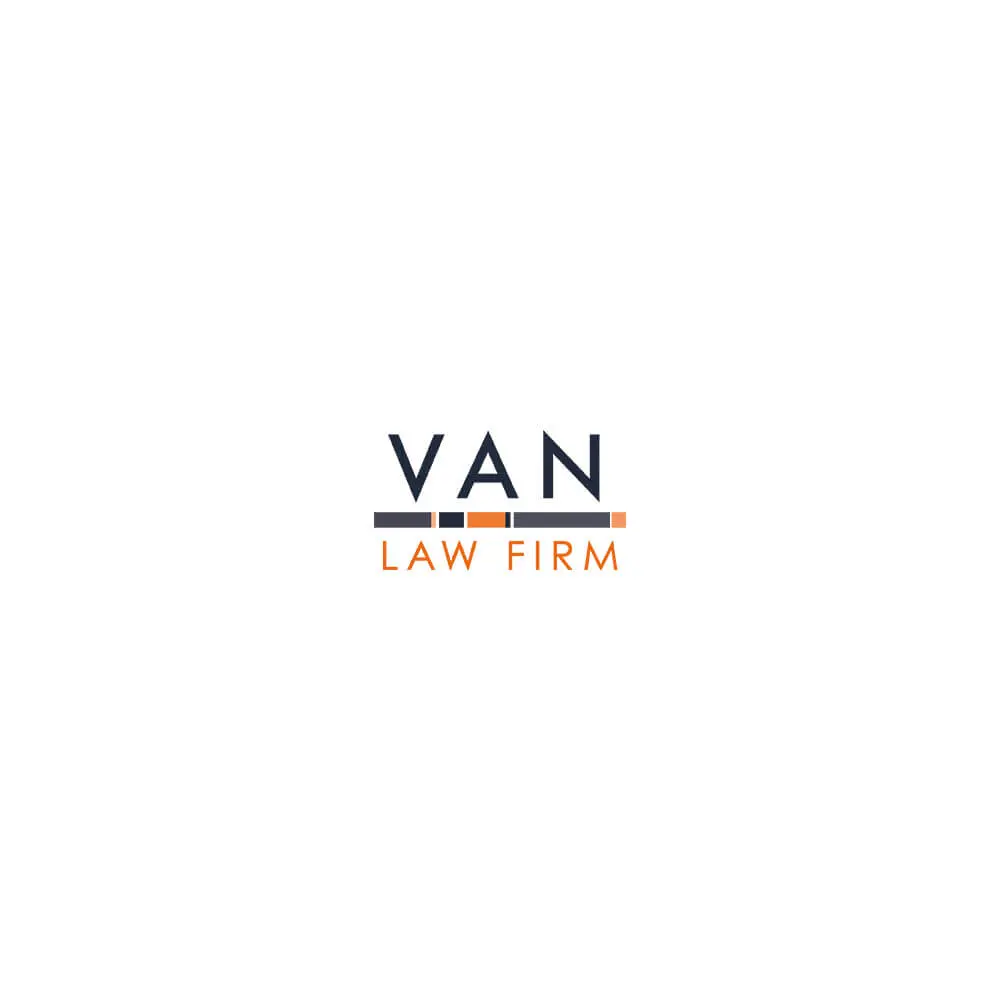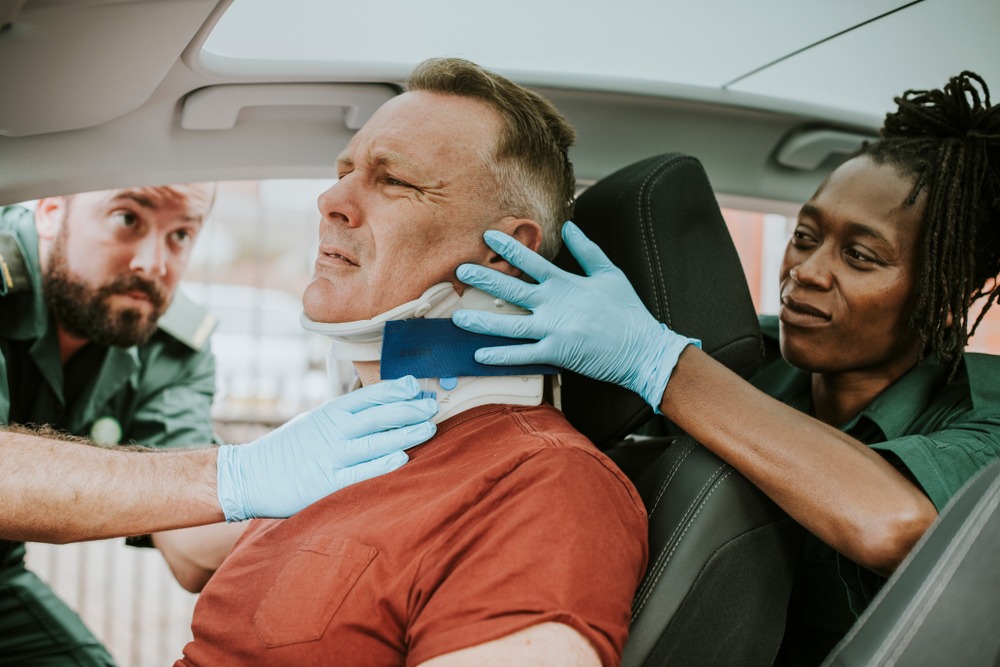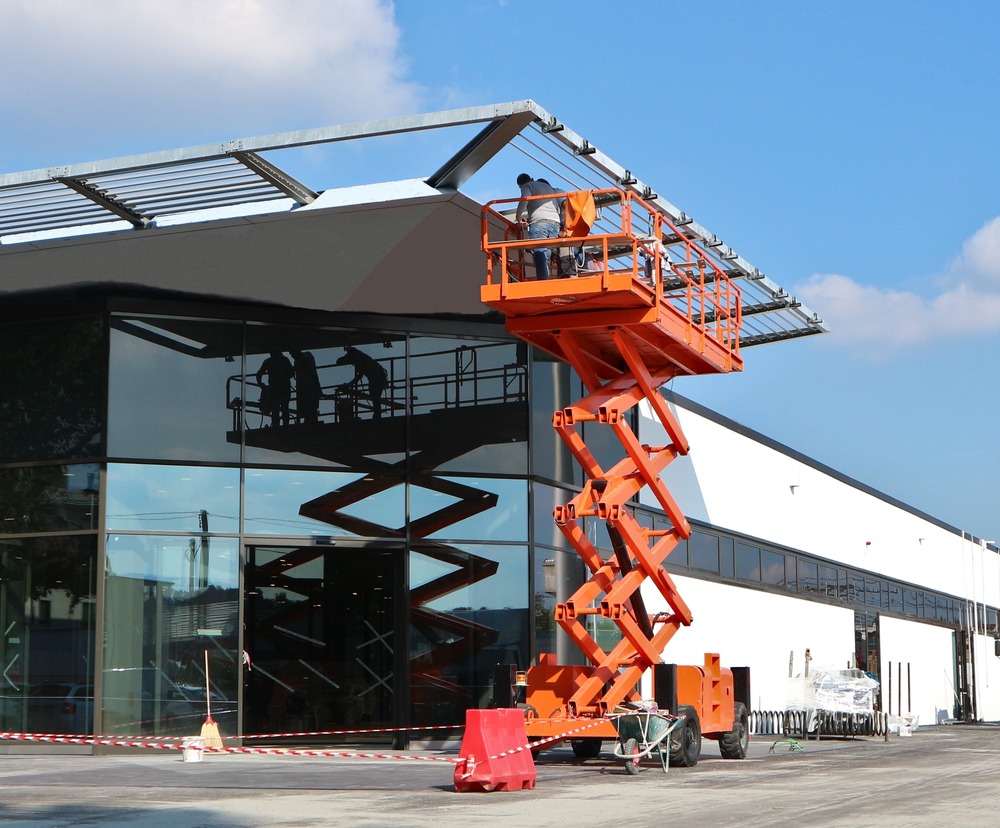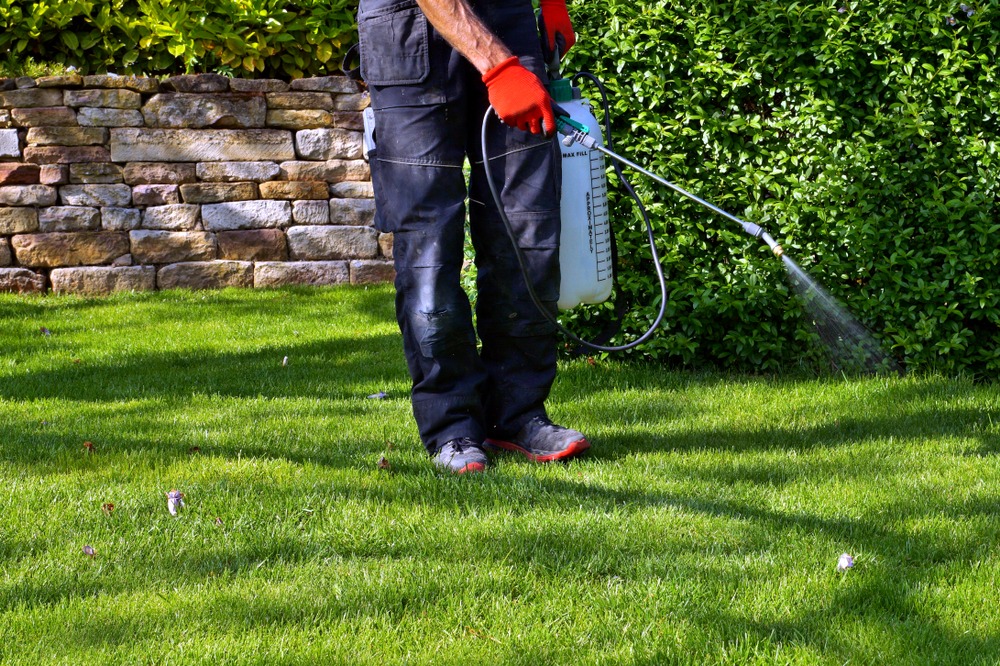- 1
- 2
- 3
- …
- 42
- Next Page »
Blog
-
Las Vegas, NV
1290 S Jones Blvd
Las Vegas, NV 89146 -
Lakewood, WA
9311 Bridgeport Way SW
Lakewood WA 98499 -
Yakima, WA
32 N 3rd St STE 304
Yakima, WA 98901 -
Monterey Park, CA
199 W Garvey Ave 201
Monterey Park, CA 91754 -
Pasadena, CA
388 Cordova St
Pasadena, CA 91101







